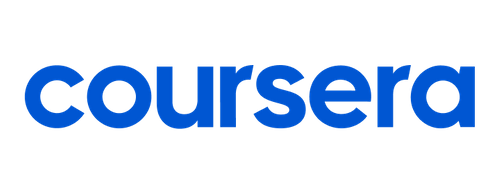Firm Level Economics: Consumer and Producer Behavior
1 Coupon Available
Login To View AllCourse Features
Duration
17 hours
Delivery Method
Online
Available on
Limited Access
Accessibility
Mobile, Desktop, Laptop
Language
English
Subtitles
English
Level
Beginner
Teaching Type
Self Paced
Video Content
17 hours
Course Description
Course Overview
Alumni Network
International Faculty
Hands-On Training,Instructor-Moderated Discussions
Case Studies, Captstone Projects
Skills You Will Gain
What You Will Learn
You will gain knowledge on Economics
You will gain knowledge on Consumer Behaviour
You will gain knowledge on Supply And Demand
You will gain knowledge on Cost
Course Instructors
Larry DeBrock
University of Illinois, Urbana-Champaign College of Business Department of Business Administration
Course Reviews
Average Rating Based on 4 reviews
100%
1 Coupon Available
Get upto 100% - 0% Discount
